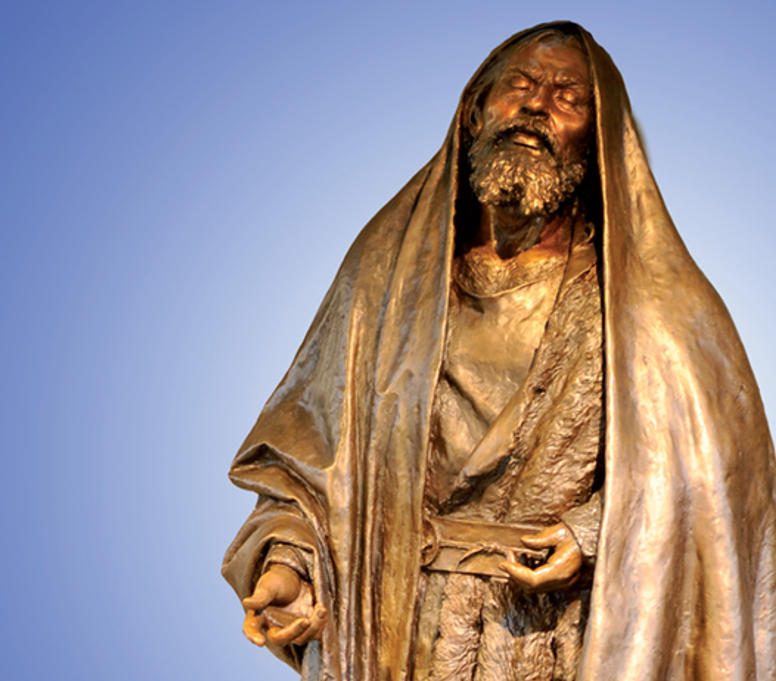CONTEMPLATING A BETTER WORLD
The Carmelite tradition traces its origins to hermits on Mount Carmel in the late 12th century, living in separate cells but gathering for Eucharist. Mount Carmel holds significance with the Spring of Elijah and a chapel dedicated to Mary. Elijah symbolises justice, solidarity, and contemplation, while Mary embodies contemplative listening and discipleship. The Rule of St Albert, based on biblical principles, forms the basis of Carmelite spirituality emphasising silence, contemplation, and community life.
The history of the Carmelite Order traces its journey from the Holy Land to various parts of Europe, evolving from hermits to friars and expanding through community houses and devotion to the Virgin Mary. Reforms over the centuries focused on enhancing the contemplative aspect of their charism, with a recent emphasis on the original pillars of contemplation, community, and service.
The contemplative nature of Carmelite life is rooted in a deep connection to God, self and others, leading to a transformative inner journey and a commitment to service and community. From its origins contemplation has been based on meditating on the Law of the Lord and being vigilant in prayer (Lectio Divina “divine reading” – a contemplative way of reading the Bible); it involves seeing God in all things and cultivating a loving, open-hearted perspective towards oneself and others.
All are to remain in their cells or near them, meditating day and night on the Law of the Lord and keeping vigil in prayer, unless they are occupied with other worthy activities (Carmelite Rule #10, 1247).
The contemplative spirit is nourished by prayer and deeply engaged with the world. Prayer is a central component to contemplation, influencing fraternal life and service, fostering compassion and solidarity. The contemplative journey involves living in faithfulness to Jesus Christ, the contemplative who serves, being attentive to the needs of others, and responding with love and service.
The Carmelite fraternity/community is centred around discovering the presence of God in daily life and in relationships, leading to reconciliation, compassion, and solidarity through dialogue, prayer, and reflection. It fosters transformation through equality, shared decision-making, and openness to correction. Transformation is often tested within fraternity, so the Rule requires members to be essentially “brothers/sisters” and open to correction.
With a contemplative spirit comes an openness to the Spirit’s will. Through openness and discernment significant reforms took place in the 14th, 15th, and 16th centuries. These changes led to a focus on contemplation, community, service, and devotion to Mary. More recently, after Vatican II, the emphasis shifted back to the charism and Elijah.
The Carmelite charism has developed to emphasise the importance of service through a blend of contemplation and active participation in the world. This approach aims to offer a genuine evangelical response, stressing the value of standing in solidarity and collaborating with those in need, those seeking truth and hope, and serving as a prophetic voice to advocate for justice, peace, and unity.
Today, Carmelites remain attentively engaging in the lives of the marginalised, offering a message of hope and renewal through deeds rather than words. By emulating Christ’s example to stand in solidarity with the experiences and aspirations of humanity, through actively listening, extending hospitality, self-reflective practice, impartiality, and liberation they remain attuned to the cries of the impoverished and the environment.
Reflection:
How can you move toward greater simplicity, with less and less talking and more listening?
